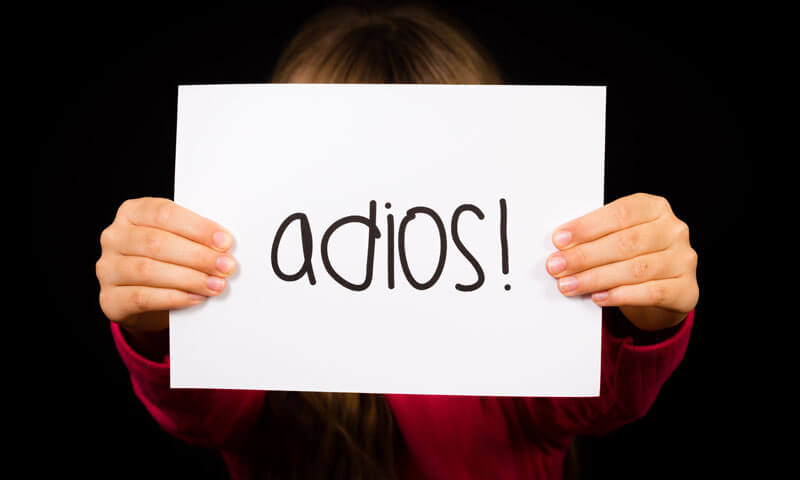Summary: A group is urging the state to make an amendment to the language in the Practice Book which would allow participants of the DACA program to practice law.
In the state of Connecticut, illegal immigrants are not allowed to practice law. Despite this fact, Denia Perez applied to Quinnipiac University School of Law where she graduated from this past weekend. Her plan Monday is to head down to Hartford to petition for a change in the state laws so she can have the opportunity to use her law degree, according to Law.com.
Perez, a 28-year-old beneficiary of the Deferred Action for Childhood Arrivals (DACA), has a law degree but cannot use it in the state of Connecticut unless there is an amendment made to the Connecticut Practice Book rule requiring applicants to be legal U.S. citizens or aliens lawfully residing in the country.
There are very few states that allow illegal immigrants to practice law. DACA beneficiaries or “Dreamers” are protected from deportation under the 2012 law but not provided with all the same opportunities as a legal citizen. The Dreamers are able to obtain work permits and receive other protections under the DACA program but guarantees like being able to practice law are not included. California is one state that allows undocumented law graduates to take the bar and practice law.
Perez said, “My whole life has been uncertain. Getting into college was uncertain and getting through it and paying for it was uncertain. But being a lawyer has always been a dream of mine.” She earned her undergraduate from San Francisco State University in 2012 in women’s and gender studies.
President Donald Trump has been considering pulling the program and revamping it due to legality issues. Visiting associate professor of law at Quinnipiac University, Sheila Hayre, said, “The big picture, legally speaking, is about Connecticut – and the states around us that have made changes in their laws – acting on what we mean when we say ‘equal protection,’ and making its promises of inclusion meaningful.”
Perez, Hayre, and five others will speak Monday morning before the 10-member Rules Committee of the Superior Court during a public hearing. They hope to get the state to make the amendment and, thus, send a sign to other states that change needs to happen.
A final vote will happen June 15 at the annual meeting of the judges when Superior, appellate and Supreme Court judges come together. If they approve the amendment to the language in the Practice Book, it would happen in July.
The section in question of the Practice Book currently reads: “To entitle an applicant to admission to the bar … the applicant must satisfy the committee that (1) The applicant is a citizen of the United States, or an alien lawfully residing in the United States.”
They are suggesting this amendment to the end of the paragraph: “which shall include an individual authorized to work lawfully in the United States.” This change would benefit “dreamers” with work permits.
Perez’s parents were able to obtain permanent residency in 2016. She said, “My dad submitted a petition at that time on my behalf for me to get a green card but because of the backlog, it could take 10 years or more.”
She has secured a position as a fellow at Make The Road New York, a community-based organization that does advocacy work in housing, immigration, and employment. For the two-year fellowship, she will do “deportation defense work for them.” New York is one of the states that has language allowing for Dreamers to practice law.
Do you think changing the language to allow illegal immigrants to practice law will catch on in other states? Share your thoughts with us in the comments below.
To learn more about Quinnipiac law school, read these articles:
- Quinnipiac University School of Law Hoping New Building Draws Students
- New Law School Building at Quinnipiac University Opens
- Law School Debt Rankings – Law Schools with the Highest Debt
Photo: commons.wikimedia.org













































